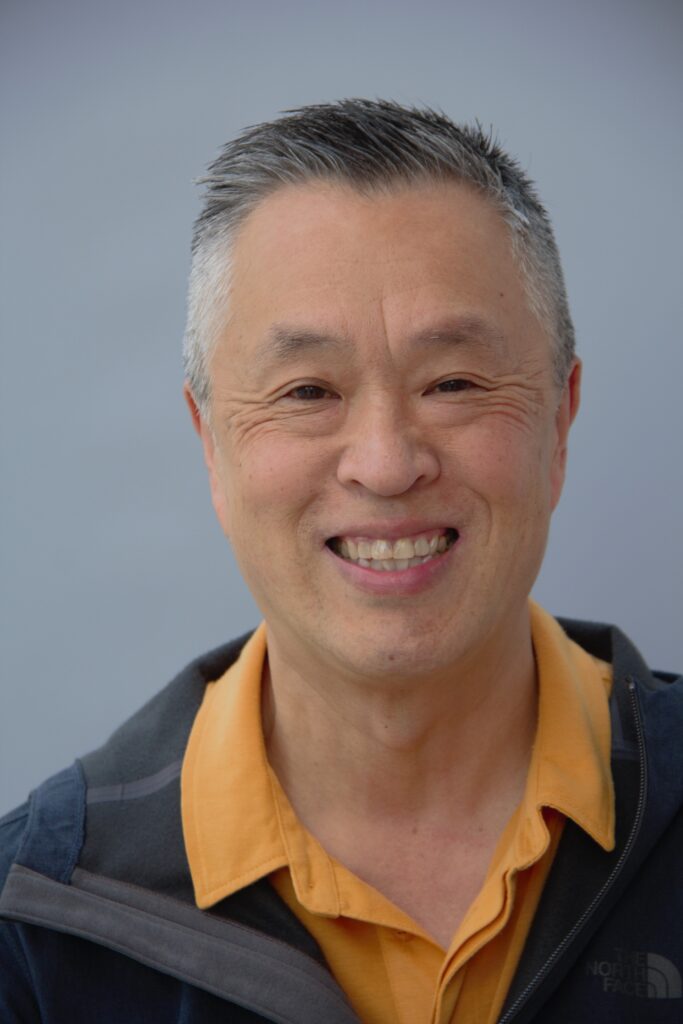c:o/re short-term Fellow (30/06 − 18/07/2025)

Jacob Park is an Associate Professor at the College of Business at Vermont State University in Castleton (USA) and Visiting Professor at the Johannesburg Business School at the University Johannesburg (South Africa), who specializes in climate change/energy transition and sustainable technology innovation, with a special focus/expertise on emerging/developing countries in sub-Saharan Africa and the Asia-Pacific region. He is Chair of Business, Best Practice, and Accountability Theme/Commission on Environmental, Economic, and Social Policy (CEESP) of the IUCN World Conservation Union and the Coordinating Lead Author of the UN Global Environment Outlook (GEO-7) Report, and has served as the Lead Author for the United Nations Millennium Ecosystem Assessment initiative. He is a former Visiting Fellow in Technology and Social Change at Linköping University in Sweden, Kevin Ruble Fellow in Conscious Capitalism at Rutgers University School of Management and Labor Relations, Edmond J. Safra Network Fellow at Harvard University and Research Fellow at the Smith School of Enterprise and the Environment at Oxford University , among others.
Artifical Intelligence (AI) and Global Digital Sustainability: Past, Present & Future
My project focuses on the three phases of what I would describe as the critical interlinkages between digitalization, society, and global sustainability (DSGS). DSGS 1.0 covers the emerging social, economic, and environmental dimensions of the digitalization process, including the early days of e-commerce and the WorldWideWeb, which I had explored in my co-edited/authored book (Ecology of the New Economy) in 2002. Digitalization, society, and global sustainability (DSGS) 2.0 phase covers the rapid development of energy, agricultural, and data science technologies and their underexamined drivers and impacts of global sustainability, which I had examined (in my role as a senior researcher/coordinating lead author) in the 2019 UN Environment Programme Global Environment Outlook (GEO-6) Report. In the digitalization, society, and global sustainability (DSGS) 3.0 phase, this project focuses on artificial intelligence (AI) as the key digital conceptual framework and tries to deepen our collective understanding of what AI means for our contemporary and future understanding of a global technology future, with a special focus on contemporary Germany. Some of the issues/topics this project will examine are: a) relationship between critical minerals and AI/digitalization; b) the emerging links between energy intensity/increasing importance of data; and c) what AI development might mean for economic inequality/social equity nationally (Germany), regionally (Europe), and worldwide.
Publications (Selection)
Alonso Martínez, M., Park, J., Davies, A., Flores, W., Rocker, S., & Worstell, J. (2025). More than closing loops: Community-based circular food systems as pathways for transformation. Journal of Agriculture, Food Systems, and Community Development, 14(2), 1–7. https://doi.org/10.5304/jafscd.2025.142.035
Park, J. (2023). Understanding the USD 10+ Trillion Climate Finance Dilemma: Implications forthe 2023 COP28 Climate Conference PLOS Climate.
Lall, S. & Park, J. (2022). How Social Ventures Grow: Understanding the Role of Philanthropic Financing in Scaling Social Entrepreneurship” Business & Society.

